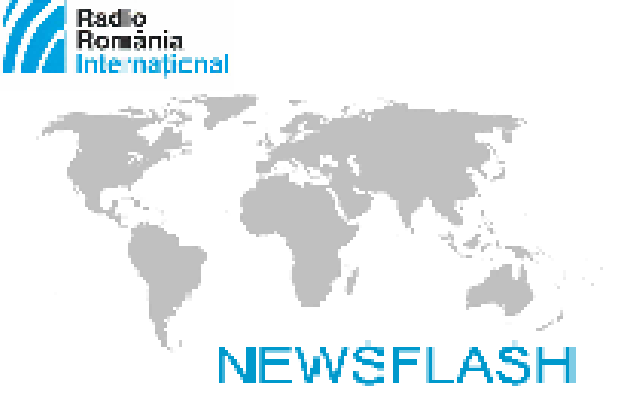July 2, 2014
News and current affairs from Romania

Ştefan Stoica, 02.07.2014, 11:34
Romania’s President Traian Basescu presides today over the Higher Defense Council. Topping the agenda is the Romanian mandate at the 2014 NATO Summit. According to the administration, discussions revolve around the armed forces made available to foreign missions in 2015, as well as around the country’s future participation in the NATO mission in Afghanistan. We recall that Romanian troops in that country have started their pullout. Since 2002, Romania has made available to NATO 25,000 troops in total; the Romanian contingent at present is made up of around 2,000 soldiers. After the withdrawal, around 200 specialists are scheduled to stay behind to train the Afghan army.
The parliament in Chisinau ratified the association agreement between Moldova and the EU. Liberal and other pro-European MPs voted in favor of the ratification, while communists and socialists voted against. Also today, Romania’s two chambers of Parliament met in separate special sessions to ratify the same document, which was signed last week in Brussels. Romania wants to make the symbolic gesture of being the first country to do so. Also on the agenda is the acceptance of the association agreements signed with the EU by Ukraine and Georgia.
Romania’s best tennis player of the moment, Simona Halep, third seed in the WTA standings, plays against German Sabine Lisicki, ranked 19th, in the quarter finals in Wimbledon. In the eighth finals, Halep easily disposed in two sets of Zarina Dias of Kazakhstan. If she makes it to the finals, Halep will accede to second seed. We recall that the top Romanian player made it to the finals in Roland Garros and lost against Maria Sharapova.
The Russian federal health authorities have banned cattle and meat imports from Romania, claiming a mad cow disease epidemic, according to ITAR-TASS. Romanian health authorities deny this allegation, saying that Russia does not important cattle and meat from Romania. Last month, Romania obtained a certificate from the top international organization dealing with this issue, categorizing it as a country with a negligible risk of the disease.




























